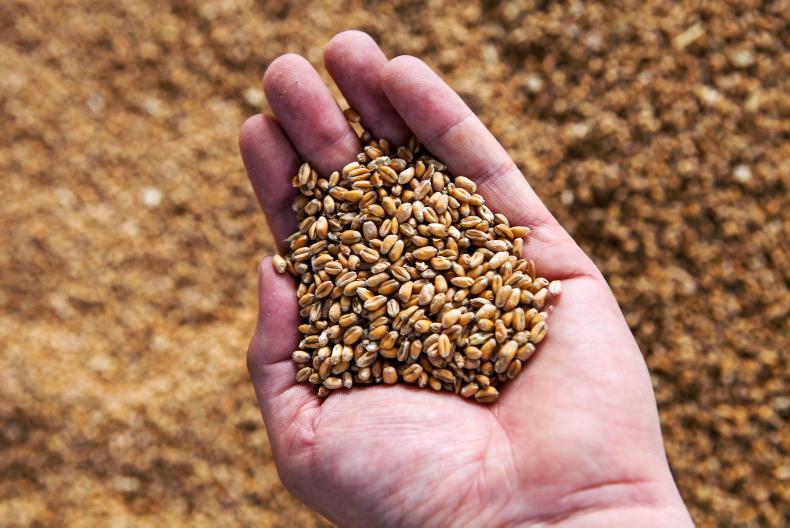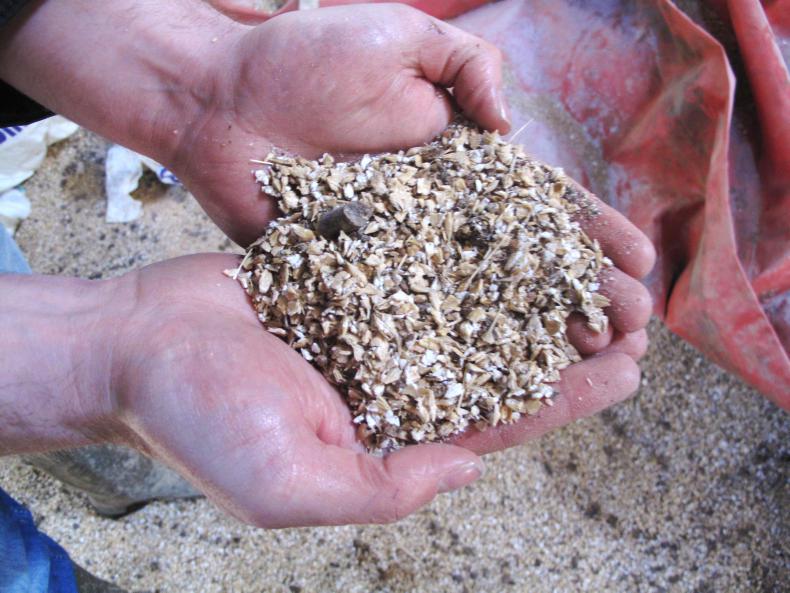This initiative from Grennans brings a new dimension to farmers selling milk. Up to now, a dairy farmer has really had only one option – to sell milk to his/her co-op. The biggest question for farmers is why would a feed merchant such as Grennans need to enter the milk market?
No doubt this all stems from Glanbia’s generous €30/t discount on feed which has left farmers questioning where the €30 rebate is coming from. Although some farmers feel it is coming from co-op supports, this is not the case. The newly formed joint venture Glanbia Ireland is funding this rebate.
Glanbia says it is coming from a combination of efficiencies and marketing budgets. However, many farmers believe the discount is being paid for out of their pockets in the form of a reduced milk price under the scheme.
It also raises the question of the price Glanbia pays for farm produce (both milk and grain), before they use the supports from the Co-op. Some farmers have questioned the strength of the milk price under the latest Glanbia scheme. The fact that Grennans has now come out with a price of 31.5c/l is a real shot across the bow of Glanbia.
Grennan’s price is 0.5c/l higher than Glanbia’s fixed milk price scheme suggests it is a very deliberate attempt by Grennans to expose the reality of how Glanbia is funding the feed rebate.
Glanbia may argue that this attempt to lock in its milk suppliers to buy Glanbia feed is part of a longer-term strategy to create a closed-loop supply chain. While there is merit in this initiative which allows Glanbia to achieve a premium in its markets, part of this premium should be passed back to farmers who are committed to this scheme in the form of higher milk and grain prices.
Finally, is Grennans taking a risk by offering such as scheme? After all, they are moving outside their core business. However, it must be remembered the Glanbia scheme is a threat to these family owned feed merchants who see the scheme as being anti-competitive. While there may be an element of risk, in the face of such a threat, any business would stand up to protect its customers.
While farmers may be the short-term beneficiaries of the ration wars, it must be remembered the important role of competition and choice that family run feed merchants have offered down through the years. Farmers are very reluctant to give up their freedom to shop around. While the co-op structures have served farmers well, the private merchants have still been able to carve out a successful market for themselves.






 This is a subscriber-only article
This is a subscriber-only article










SHARING OPTIONS: